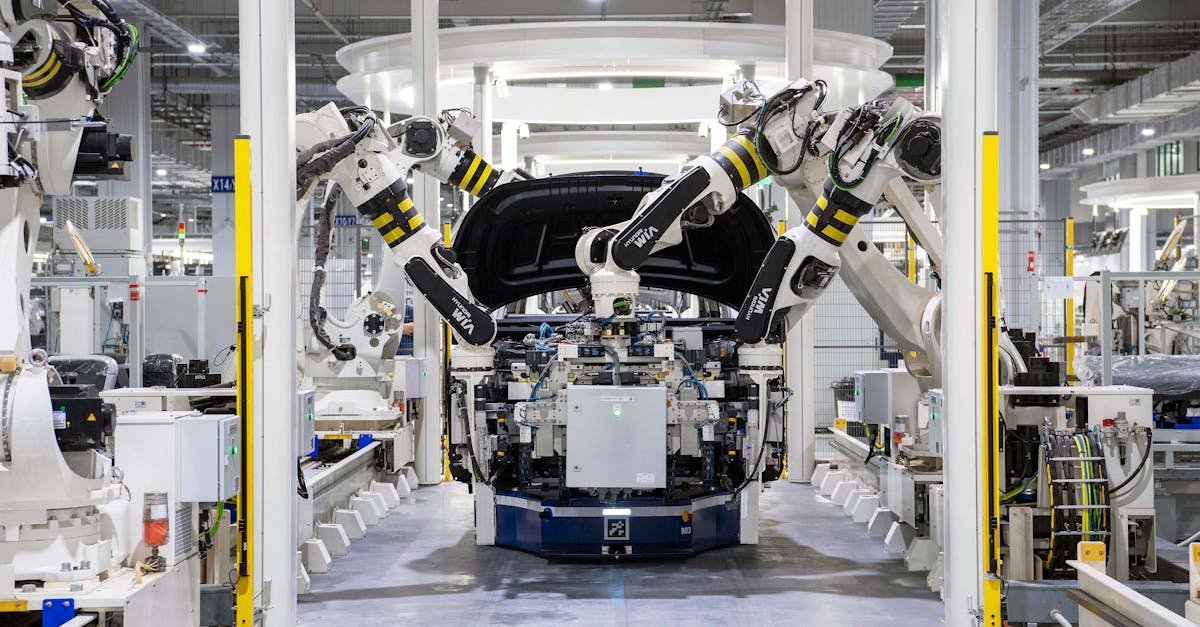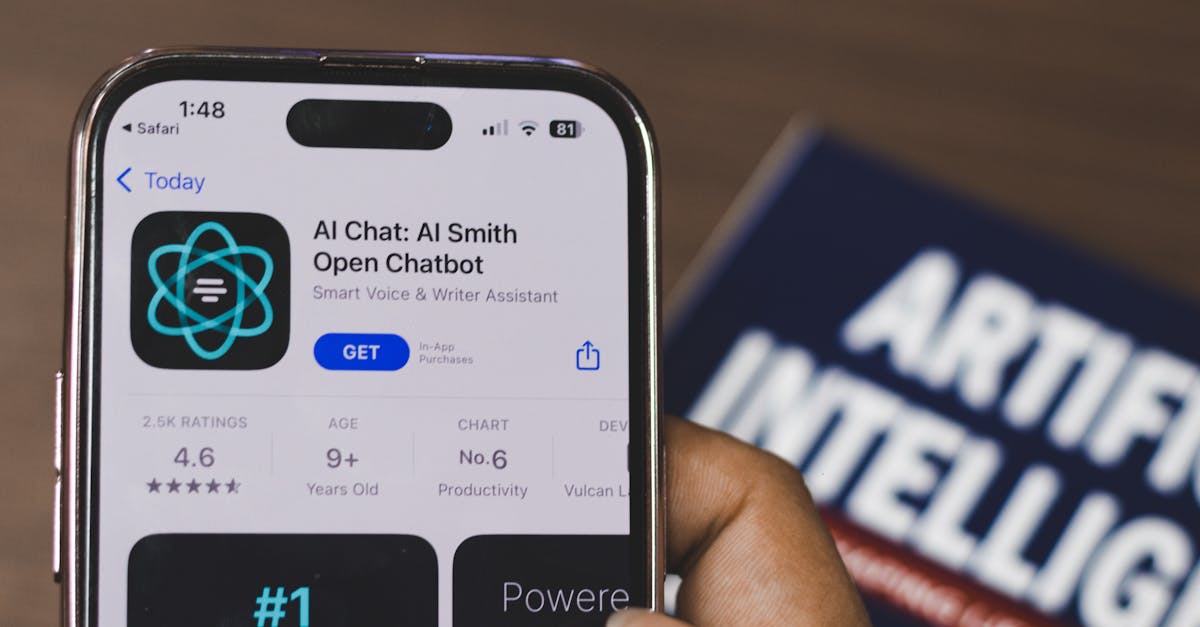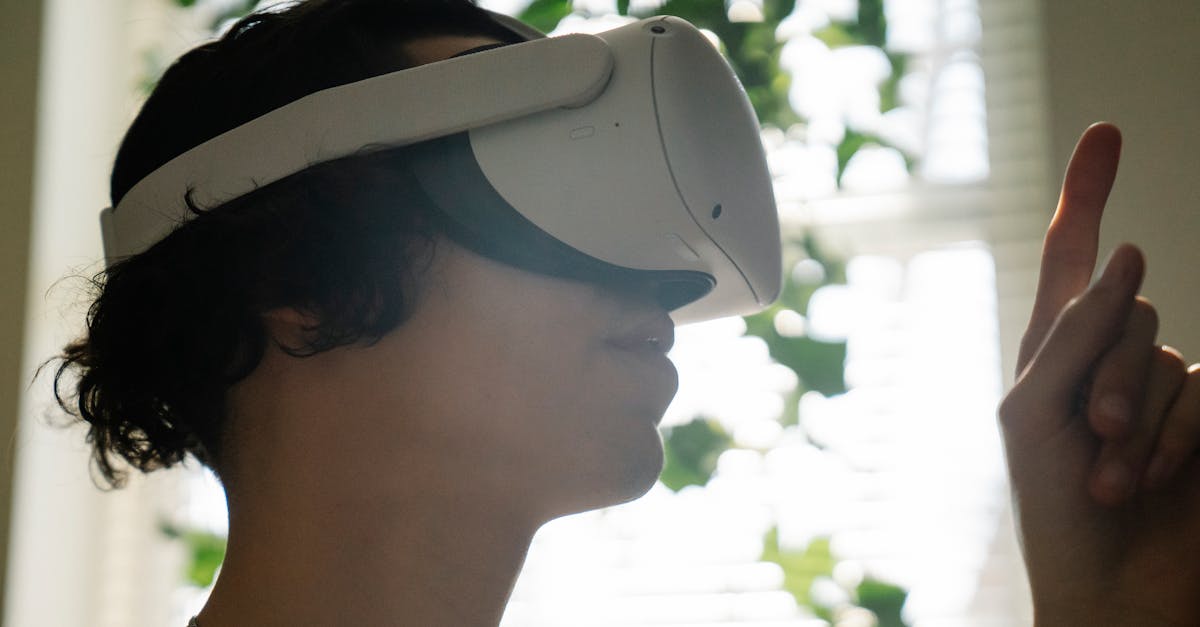AI and the Future of Work Automation Transforming Jobs
Introduction
Artificial intelligence (AI) and automation are revolutionizing the way businesses operate and how individuals work. The introduction of advanced technologies in the workplace has sparked conversations about the future of jobs. This article delves into how AI impacts various sectors and the evolving trends in the workforce.

Advertisement
The Rise of AI in Work
AI technologies are being integrated into numerous business processes to enhance efficiency and productivity. From chatbots to complex data analysis, AI tools are transforming how tasks are conducted. This integration enables businesses to streamline operations and focus human efforts on more creative and strategic tasks.

Advertisement
Understanding Automation
Automation involves the creation and application of automatic equipment to minimize human intervention in processes. Robotics and software-driven solutions are employed in various industries, from manufacturing to finance. Automation not only increases output but also leads to precision and reduction in human error, reshaping traditional job roles.

Advertisement
The Future of Jobs in AI
As AI technology becomes more prevalent, the landscape of available jobs is changing. Certain roles, especially those centered on repetitive tasks, may face a decline. Concurrently, new job opportunities in AI development, data analysis, and tech jobs are emerging, requiring re-skilling and adaptation by the workforce.

Advertisement
AI's Impact on Tech Industries
The tech industry is at the forefront of the AI revolution, innovating tools that drive automation across sectors. Machine learning enhances AI capabilities, enabling systems to learn and adapt autonomously. With AI impact evident, tech companies are rapidly expanding their expertise, setting the pace for other industries.

Advertisement
Machine Learning Revolution
Machine learning, a subset of AI, allows systems to automatically improve from experience. It revolutionizes data handling by offering predictive insights that aid decision-making across industries. By analyzing trends, machine learning ensures organizations remain competitive and agile in a data-driven world.

Advertisement
Changing Workforce Trends
The integration of AI and automation into workplaces is transforming workforce dynamics. As automation tools take over repetitive tasks, there's a growing demand for soft skills and creative thinking. Workforce trends are leaning towards versatility and continual learning, encouraging employees to adapt to new technological norms.

Advertisement
Opportunities in Tech Jobs
With AI technology advancing rapidly, there's a rising demand for expertise in software development, data science, and AI engineering. These tech jobs offer exciting career opportunities for skilled individuals. As AI continues to evolve, the tech industry remains a high-growth area ripe with potential.

Advertisement
Navigating Automation Tools
Businesses adopting automation tools face the challenge of balancing technology integration while maintaining a skilled workforce. Training and development programs are essential to upskill employees. Understanding these tools can enhance operational efficiency, allowing businesses to stay ahead in a competitive market.
Advertisement
Summary and Conclusion
AI and automation are fundamentally transforming the future of jobs and workforce trends. While some roles may diminish, new opportunities blossom in tech-centric fields. As we move forward, embracing skills development and adapting to AI technology will ensure a robust and resilient workforce in the changing landscape.

Advertisement


